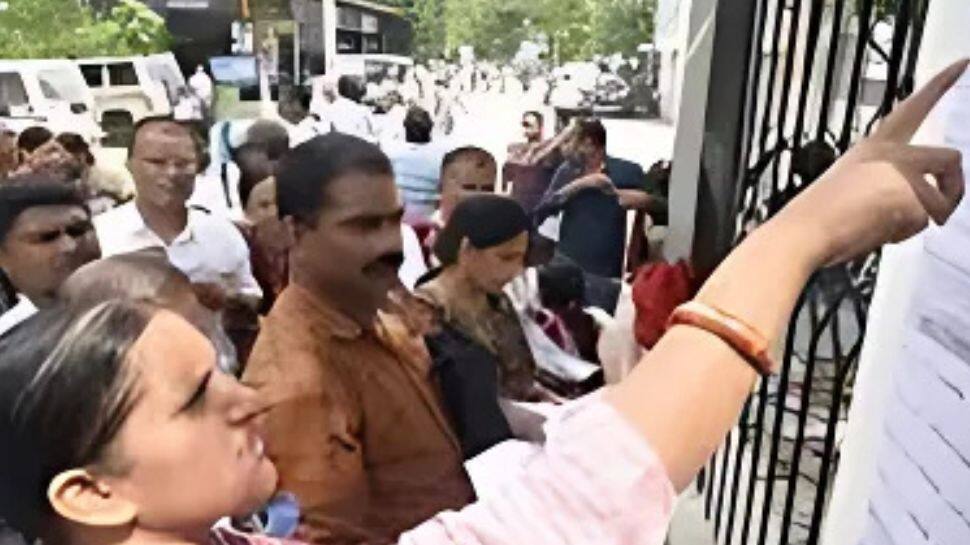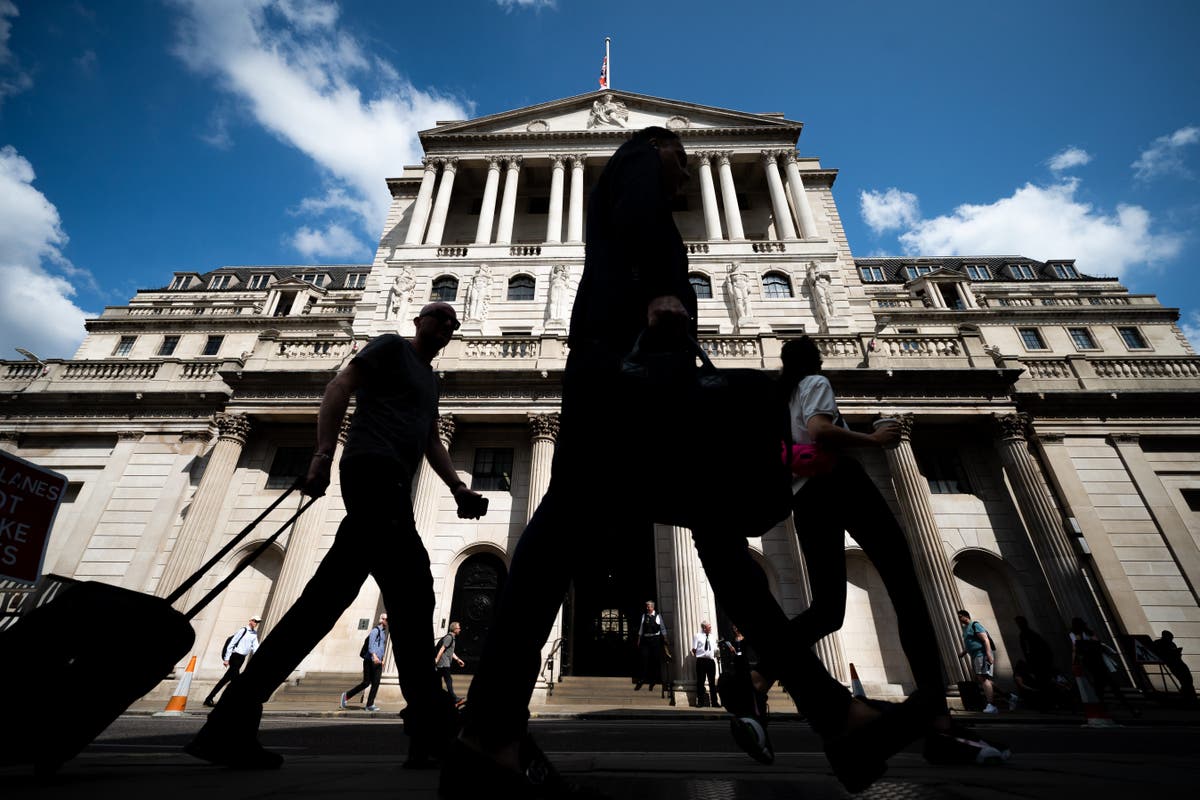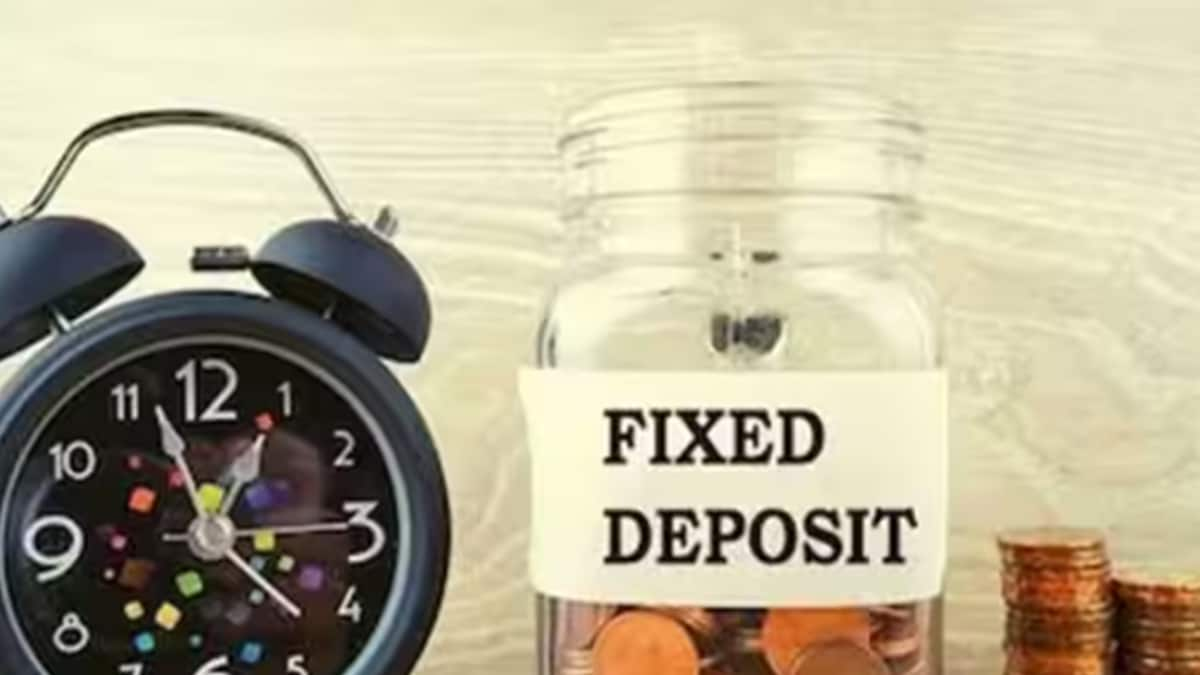Your fixed deposit will be subject to tax deducted at source
If you are looking to invest in a fixed deposit scheme, you need to be aware of the negative points of the option before you make any decision.
Fixed deposits are an attractive investment option and offer regular returns. These deposits are a great idea for people who are risk-averse when it comes to investing their savings. With the recent cycle of repo rate hikes by the Reserve Bank of India (RBI), many banks have increased the interest rates offered on term deposits.
But, FDs also come with their own set of disadvantages. If you are looking to invest in a fixed deposit scheme, you need to be aware of the negative points of the option before you make any decision.
Disadvantages of fixed deposits:
1. Fixed interest rate:
The rate of returns is fixed for the tenor of the term deposit. In case the interest rate on new FDs is increased in the future, existing investors will not be able to avail its benefits.
2. Lower returns:
Compared to stocks and mutual funds, fixed deposits offer lower returns.
3. Penalty of premature withdrawal:
If you wish to close your term deposit before it reaches maturity, you will be liable to pay a penalty. This makes FDs an unappealing option if you wish to have an investment that is more flexible.
4. Savings are locked in:
Since your money is locked in for the investment period, you will not be able to withdraw the money in case you need to reinvest in a better scheme.
5. Liquidity problems:
FDs are difficult to access at a moment’s notice if you have a financial emergency.
6. Cannot beat inflation:
Since the interest rate is fixed, people who opt for a fixed deposit with a long tenor, for example 5 years, will see their interest rate remain stagnant while inflation increases. Their returns will not be able to outpace inflation in most circumstances.
7. TDS:
Your fixed deposit will be subject to tax deducted at source (TDS), if your overall income is liable to be taxed. The interest on term deposits will be deducted according to your overall tax bracket, leading to lower returns.
8. Bankruptcy risk:
In case the lender files for bankruptcy, your savings will be gone. As per the RBI’s Deposit Insurance and Credit Guarantee Corporation, an investor will be able to get only Rs 5 lakh insured. If the FD is above Rs 5 lakh, the remaining amount will be lost.
While FDs are a good investment option and offer timely returns, do consider these factors before opening a term deposit.















































